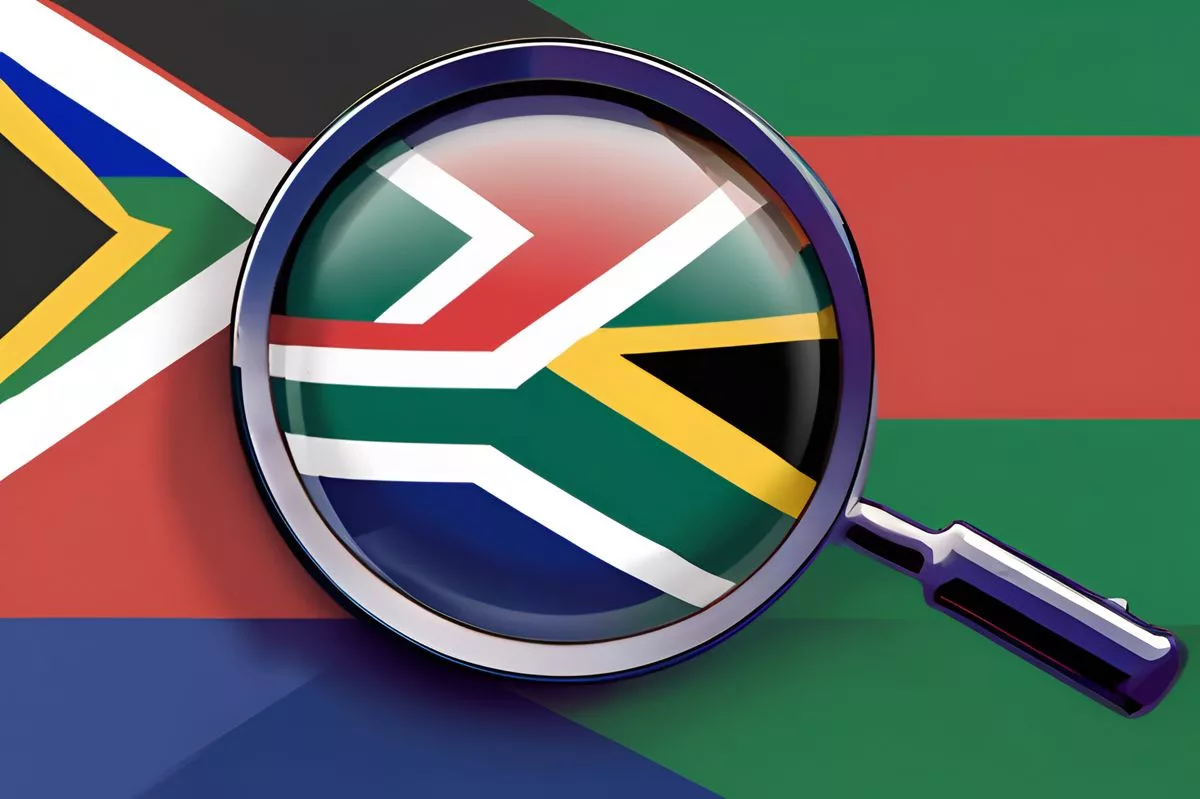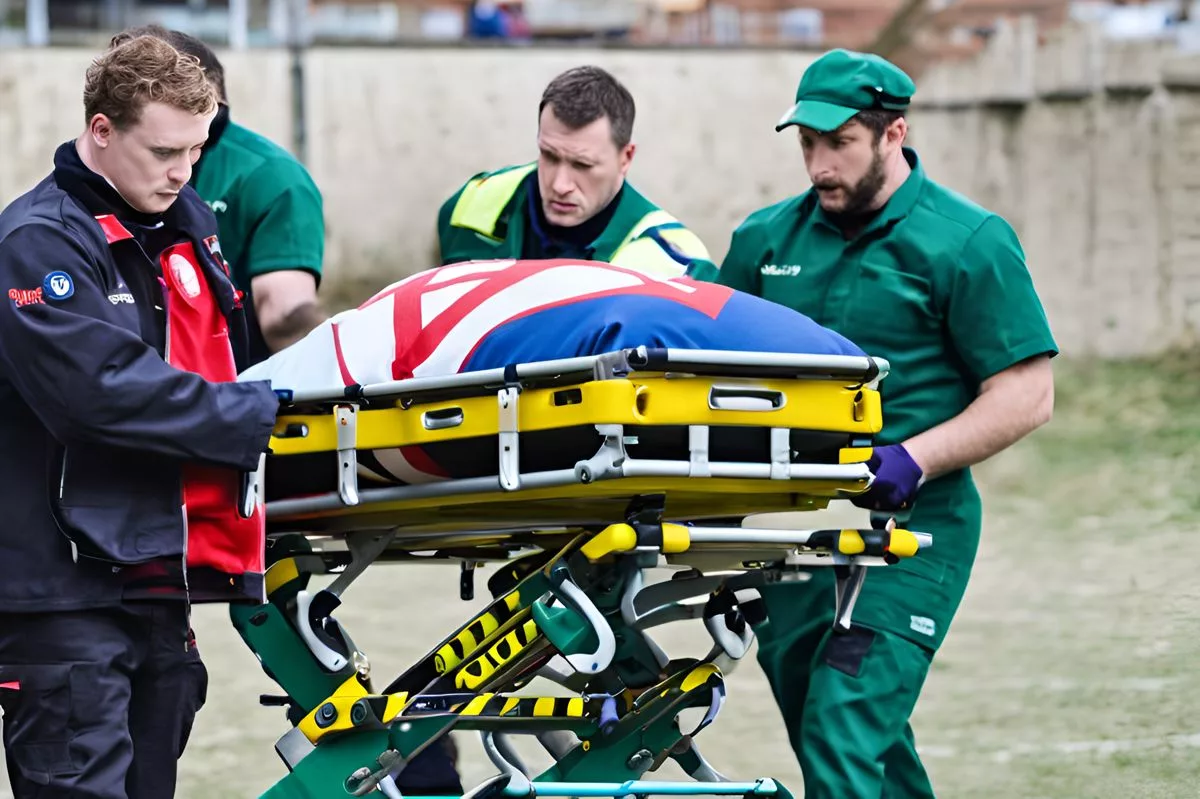Eqinisweni Secondary School in Gauteng has been hit by a series of tragic student suicides, leaving the community devastated. The Gauteng Department of Education’s psycho-social support unit has stepped in to aid the school and reiterated the importance of mental health awareness and intervention. Students struggling with personal issues are encouraged to access resources such as Childline and the South African Depression and Anxiety Group.
A series of tragic student suicides at Eqinisweni Secondary School in Gauteng has left the community reeling. The school has received support from the Gauteng Department of Education’s psycho-social support unit, and the department has reiterated its commitment to mental health services in the wake of the incidents. The importance of mental health awareness and intervention in the educational system has been highlighted. Resources such as Childline and the South African Depression and Anxiety Group are available for students struggling with personal issues.
The Scene of the Tragedy
There is a shroud of gloom that has descended upon Eqinisweni Secondary School, a renowned educational center located in Ivory Park, Gauteng. This establishment, once known for its academic vigor, has recently been tainted by an unimaginable series of events. Within a mere fortnight, the school was shaken by a series of student suicides that sent tremors of disbelief throughout the community. The Gauteng Department of Education swiftly stepped in, constructing a safety net to aid in the identification and assistance of students wrestling with psychological struggles.
The initial episode, as reported by Steve Mabona, the Gauteng Education spokesperson, took place on an apparently regular Friday, the 26th of April. A tenth-grade student, grappling with her internal struggles, ingested poison in her residence. Despite attempts to save her life at a local medical clinic, the venom had already claimed its victim. This incident had a profound impact, casting a dark veil over the school and the community at large.
A Series of Unfortunate Events
However, the tragic saga did not stop there. On the 2nd of May, a lifeless body of a Grade 11 girl was discovered in her residence. She, too, had fallen victim to the fatal effects of poison consumption. Merely a day later, on the 3rd of May, a boy from the same grade also consumed poison. He embarked on a painful, ultimately fatal journey, meeting his untimely end during the medical procedure.
The latest incident, a dreadful repetition of the prior events, happened on the 5th of May. A Grade 12 girl ingested poison and unfortunately lost her life while being transported to a nearby clinic. Each of these incidents, although singular in their occurrence, sketch a distressing image of the overall mental health condition of the students at the institution.
The Response and Intervention
In an effort to address these distressing events, the Gauteng Department of Education deployed a psycho-social support unit to the school. This unit was tasked with delivering crucial counseling services to the school community in the wake of the tragedy. It has undertaken the substantial responsibility of managing the aftermath of these incidents, extending support not just to the students but also to the grieving families.
Matome Chiloane, Gauteng Education MEC, has publicly voiced his shock over the devastating sequence of events, describing them as ‘heart-wrenching’. His resolve is to fortify mental health services within the school system and he reaffirmed the commitment of the department to collaborate with organizations such as the South African Depression and Anxiety Group (SADAG). Chiloane highlighted that past collaborations with such groups have yielded encouraging results, particularly in Tsakane following a comparable spate of student suicides.
Importance of Mental Health Awareness
In light of these tragic events, the GDE has encouraged its learners to utilize the support structures and available resources when dealing with personal issues. By connecting with platforms such as Childline or SADAG, students are given a channel to express their worries, as well as a lifeline during their darkest moments.
The incidents at Eqinisweni Secondary School have underscored the critical importance of mental health awareness and intervention, especially within the educational system. This series of events serves as a stark reminder that mental wellbeing of learners is as crucial as their academic performance. The Gauteng Department of Education’s prompt action in addressing this crisis underlines the significance of quick response and proactive steps when it comes to the mental health of young individuals.
What happened at Eqinisweni Secondary School?
Eqinisweni Secondary School in Gauteng experienced a series of tragic student suicides in a mere fortnight, leaving the community devastated. The Gauteng Department of Education’s psycho-social support unit has stepped in to aid the school and reiterated the importance of mental health awareness and intervention.
What is the Gauteng Department of Education doing to address the situation?
The Gauteng Department of Education deployed a psycho-social support unit to the school, tasked with delivering crucial counseling services to the school community in the wake of the tragedy. The department has also reaffirmed its commitment to mental health services in the educational system and has collaborated with organizations such as the South African Depression and Anxiety Group.
What resources are available for students struggling with personal issues?
Students struggling with personal issues are encouraged to access resources such as Childline and the South African Depression and Anxiety Group. These platforms provide a channel for students to express their worries and a lifeline during their darkest moments.
What is the importance of mental health awareness in the educational system?
The incidents at Eqinisweni Secondary School have underscored the critical importance of mental health awareness and intervention, especially within the educational system. This series of events serves as a stark reminder that mental wellbeing of learners is as crucial as their academic performance.
How has the community responded to the tragic student suicides?
The community has been left devastated by the tragic student suicides. Matome Chiloane, Gauteng Education MEC, has publicly voiced his shock over the devastating sequence of events, describing them as ‘heart-wrenching’. The Gauteng Department of Education has taken proactive steps to address the crisis and extend support to not just the students but also the grieving families.
What is the significance of quick response to mental health crises?
The Gauteng Department of Education’s prompt action in addressing this crisis underlines the significance of quick response and proactive steps when it comes to the mental health of young individuals. It is crucial to fortify mental health services within the school system and collaborate with organizations to provide crucial support and counseling services to the school community.











